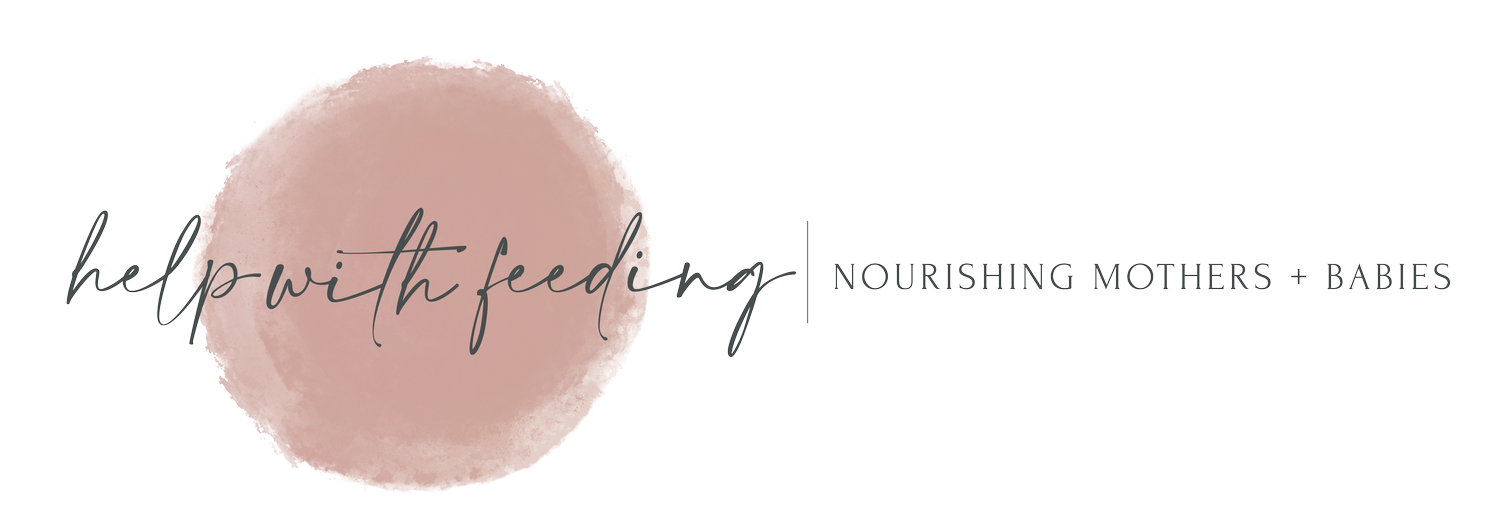Straw Drinking 101
Infants can typically learn to drink from a straw between the ages of 8-9 months old, sometimes earlier. The trick is to find the right type of straw cup and/or activity that will help them learn this oral motor skill. Moving on to a straw cup can be helpful for older infants who have refused a bottle.
I’ve had really good success teaching this skill using the Olababy Straw Cup. You can use it with any type of liquid and it allows you to gently squeeze the container to express liquid up into the straw to encourage your baby to drink (check out my video here for tips). Try this with thicker liquids, such as smoothies or drinkable yogurts as they move slower and are easier control (for you and baby). Using thicker liquids can also be helpful for those toddlers who let the liquid just run right out of their mouths after taking a sip from the straw. The size of the Olababy cup is also great for little hands! Practice squeezing the container a few times (outside of her mouth) to get a good feel for how to control the liquid.
While your baby is sitting in her high chair, offer the straw cup. Wait for your baby lean forward and close her lips around the straw, then simultaneously express a very small amount of liquid up through the straw. Do NOT squeeze large amounts of liquid in her mouth at any time. After a few successes, you will likely see your child expressing liquid on her own.
Toddlers often pick up this skill quickly and at that point, you can move on to other straw cups that are more "spill proof". Many of the straw cups for toddlers are very hard to suck from due to the valve system used to prevent leakage, so always try using the cup first before passing it to your baby!
It is a good habit to begin offering a small amount of water, milk, or homemade smoothies in a cup during mealtimes. This provides ample practice with cup drinking and will help your older infant start transitioning to the mealtime structure that is expected as she approaches one year old. At that time, food becomes her primary source of nutrition, not breastmilk or formula.


